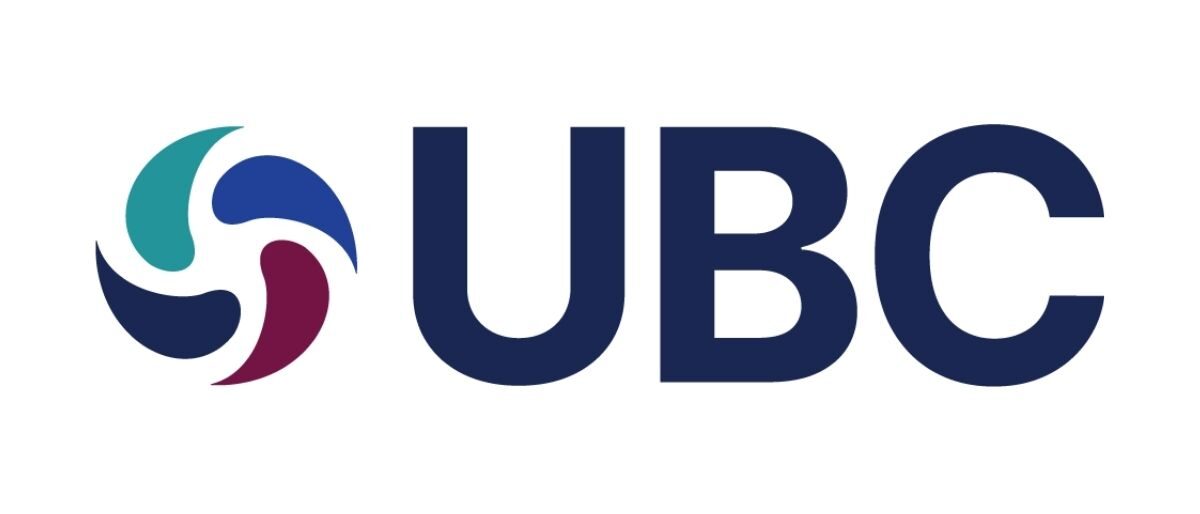The European Union’s Artificial Intelligence Act (EU AI Act) 2023 stands as a pivotal legislation governing the development, deployment, and utilization of artificial intelligence (AI) systems across the EU. A notable part of this regulation is its implication for pharmacovigilance (PV).
Key Provisions of the EU AI Act and the Interpretation for Pharmacovigilance
Risk Assessment and Categorization: The EU AI Act introduces a risk-centric approach to AI regulation, classifying AI systems into four tiers: unacceptable risk, high risk, limited risk, and minimal risk. Given the potential repercussions of inaccuracies or biases in drug safety surveillance, AI systems employed in PV may fall under the high-risk category.
Data Integrity and Transparency: Emphasizing data integrity and transparency, the Act mandates stringent standards for the quality and openness of data used in AI systems. In the scope of PV services, this translates to ensuring the accuracy and reliability of data relating to adverse event detection and analysis.
Human Oversight and Accountability: Under the legislation, human oversight and accountability are required for AI systems, particularly those deemed high risk. In the context of PV, this requirement safeguards against automated decision-making, affirming that healthcare professionals retain ultimate responsibility for actions based on AI-generated information.
Testing and Certification Protocols: AI systems categorized as high risk must undergo rigorous testing and certification procedures to ensure their safety, reliability, and adherence to regulatory standards. For PV applications, this entails validating algorithms utilized for adverse event identification and signal prioritization.
Documentation and Audit Trails: The EU AI Act mandates comprehensive documentation and audit trails for high-risk AI systems, incorporating details of their design, development, validation, and real-world performance. In PV, this documentation facilitates traceability and auditability of AI-driven processes, fostering regulatory compliance and post-market surveillance.
Positive Impact of AI
Enhanced Safety Surveillance: Through the utilization of advanced algorithms, AI has the potential to enable faster and more precise identification of adverse drug reactions and emerging safety signals. By analyzing extensive data sets encompassing electronic health records, social media posts, and medical literature, AI systems can detect potential safety concerns pre-emptively. This proactive approach allows healthcare professionals and regulatory bodies to intervene promptly, mitigating risks to public health and enhancing overall drug safety.
Refined Signal Detection Mechanisms: AI has the potential to empower PV systems by uncovering patterns and correlations within adverse event reports that might elude human analysts. Through machine learning algorithms, these systems prioritize signals for further investigation based on factors such as severity, frequency, and temporal relationships, optimizing resource allocation.
Streamlined Reporting Procedures: Automation of select PV tasks via AI streamlines reporting processes for healthcare practitioners, simplifying the submission of adverse event reports, and ensuring compliance with regulatory obligations. This automation lightens burdens on healthcare systems and facilitates timely dissemination of safety information to regulatory agencies and the public.
Safeguarding the AI Future of Pharmacovigilance
While the EU AI Act presents avenues for advancing PV through AI innovation, it concurrently poses challenges related to data privacy, algorithmic bias, and accountability. Proactive measures such as robust data governance frameworks, algorithm validation protocols, and transparency initiatives are necessary for mitigating these challenges and ensuring the practical and ethical utilization of AI in PV. Alternatively, the EU AI Act of 2023 has profound ramifications for pharmacovigilance, furnishing a regulatory framework for the development, deployment, and oversight of AI systems in drug safety monitoring. By championing responsible AI deployment and ensuring transparency, accountability, and human supervision, the legislation endeavors to augment the efficiency and efficacy of PV practices while upholding public health and safety standards.
UBC is integrating AI into our PV system with a strong emphasis on privacy, accountability, accuracy, and quality that is only possible with a reliance on experienced human experts. By automating repetitive tasks such as mailbox monitoring, ICSR triage, work assignments and reconciliation, AI significantly improves efficiency allowing our PV team to focus on analysis and decision-making. UBC remains committed to maintaining human expertise in our AI process. Our skilled professionals provide oversight, interpreting AI-generated insights, and ensuring that ethical guidelines are followed. This hybrid approach not only enhances the quality and streamlines processes but also safeguards against potential biases or errors inherent in AI algorithms. UBC’s dedication to ethical implementation underscores our patients-first commitment to advancing healthcare innovation responsibly worldwide.
ABOUT UBC:
United BioSource LLC (UBC) is the leading provider of evidence development solutions with expertise in uniting evidence and access. UBC helps biopharma mitigate risk, address product hurdles, and demonstrate safety, efficacy, and value under real-world conditions. Our combined scientific expertise in pharmacovigilance, risk management, and signal detection and assessment, underpinned by innovative technologies, offer our customers flexible solutions generating the relevant insights necessary to make informed decisions earlier, meet stakeholder requirements, and ensure the safety of products.
ABOUT THE AUTHOR:

Tom Coles, Director, Pharmacovigilance Process Excellence for UBC. With over 10 years’ experience in the pharmacovigilance industry, Tom has overseen case processing teams in pharma and CRO settings, managed client PV systems and projects, authored aggregate reports across multiple indications, serves as the product expert for signal risk management and represented PV for business development activities. Tom is specialized in helping Chinese pharma companies enter the global market, ensuring their PV Systems are fit-for-purpose. At UBC, Tom is part of the PV leadership team and leads the Process Excellence function which manages and maintains client PSMFs, as well as the coordination of PV process documents, compliance, regulatory intelligence, and safety incident reports.
For more information on UBC’s comprehensive global pharmacovigilance services, get in touch with us HERE.
REFERENCES:
AI-Act-FullText.pdf (artificialintelligenceact.eu)
EU AI Act: first regulation on artificial intelligence | Topics | European Parliament (europa.eu)





